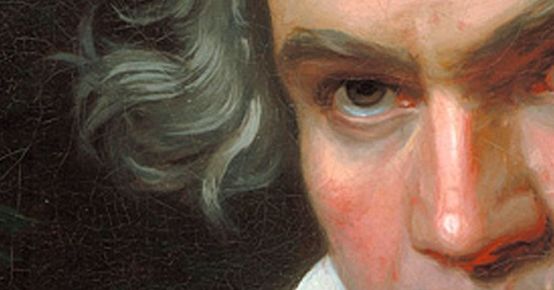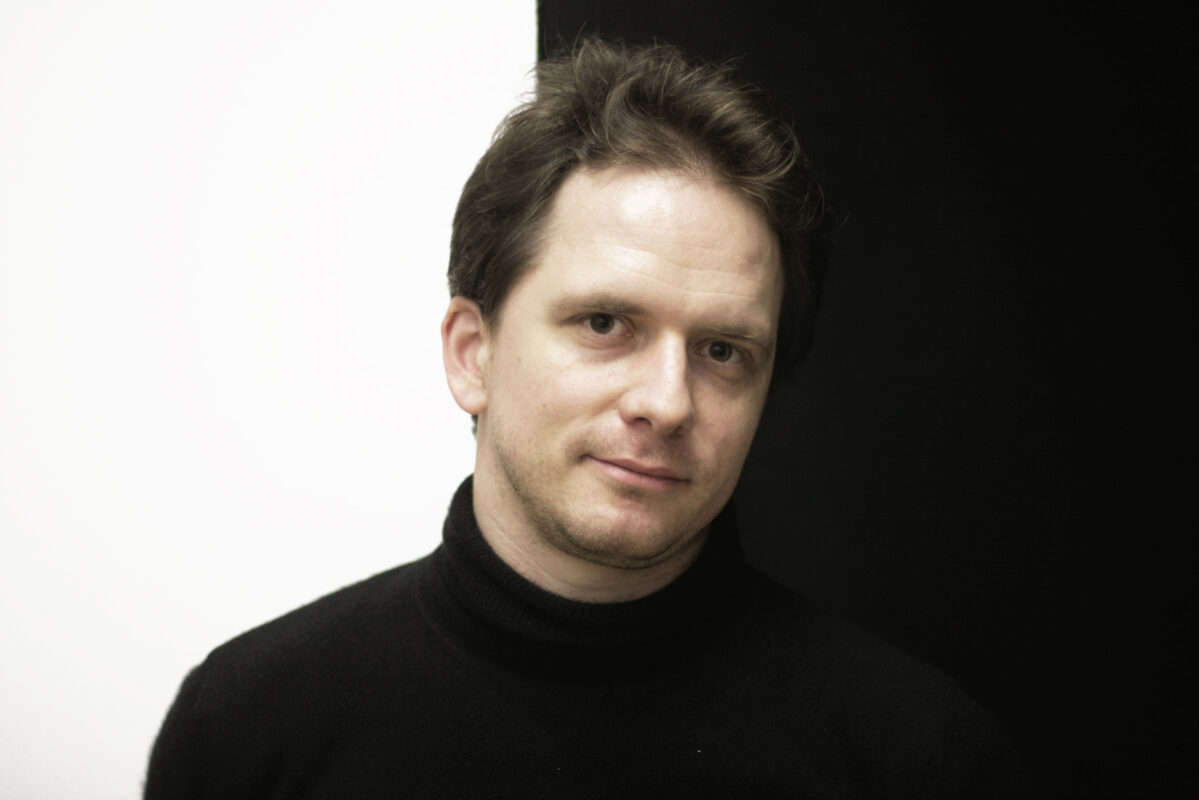The Glorious Moment
Every Friday, Beethoven is here. To mark the 250th anniversary of Beethoven's birth, each week the Swiss Music Review takes a look at a different work from his catalog. Today, for the cantata "The Glorious Moment" for soloists, chorus and orchestra.

I wonder what Beethoven would have said when Robert Schuman formulated the beginnings of a united Europe in his declaration of May 9, 1950. World peace cannot be safeguarded without creative effort, and : "Europe will not be built in one fell swoop, nor in an overall construction: it will be built through concrete achievements that first create de facto solidarity". 70 years on, these words by the French Foreign Minister of the time are still relevant today. In a way, they also stem from the experience of the early 19th century, when only the alliance of several nations could put an end to the invasions of Napoleon and his troops. The fact that the Congress of Vienna, soon to follow, failed to live up to the hopes of all those who made sacrifices is another story...
For the Danube metropolis, the years 1814/15 were a time of great festivities and entertainment, as the heads of state and their entourages not only had to be entertained in the best possible way: the ballroom was often also a place of diplomacy. This gathering of the world's greats also encouraged the creation of festive cantatas, works that lead an obscure existence in music history, if they haven't fallen completely into oblivion. In autumn 1814, for example, Beethoven composed the Glorious momentAfter its premiere with great fanfare on November 29 of that year, the score was played only twice during his lifetime. It was not published until 1835, albeit in a luxurious edition. Two years later, the publisher replaced the original libretto written for the occasion with a boilerplate poem by Friedrich Rochlitz (Preis der Tonkunst), and he explicitly states in the preface that this replacement "did not necessitate the slightest change in the music".
Beethoven was fully aware of the representative function of his composition. The breadth of the movements and the powerful orchestral and choral fortes, often reminiscent of Handel, bear witness to this even today. The most unusual and impressive is undoubtedly No. 3 (O Himmel! welch' Entzücken!), in which a soprano and chorus are joined by a solo violin. With piccolo and an effective "turquerie", the finale anticipates in part theOde to Joybut here it is further enlarged by the addition of a children's choir. Beethoven's later plan to add an overture fell through. - L'Allgemeine musikalische Zeitung of Leipzig reports on the premiere: "in addition to the high court and all the monarchs present [...], the auditorium was packed to the rafters." These exceptional circumstances were of little use to the work: to this day, this Glorious moment has never gone beyond insider circles.
Aufnahme auf idagio
Keeping in touch
A weekly newsletter reveals the latest column on line. You can subscribe by entering your e-mail address below, or by subscribing to our RSS feed.








